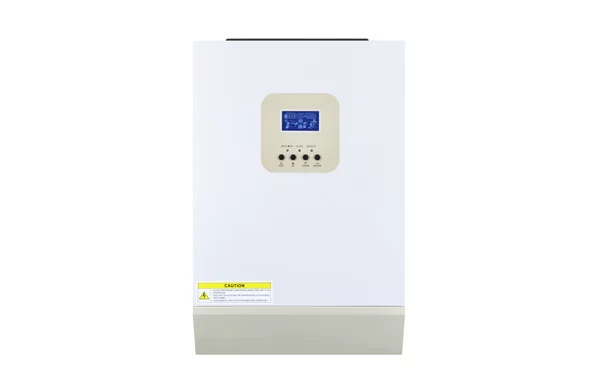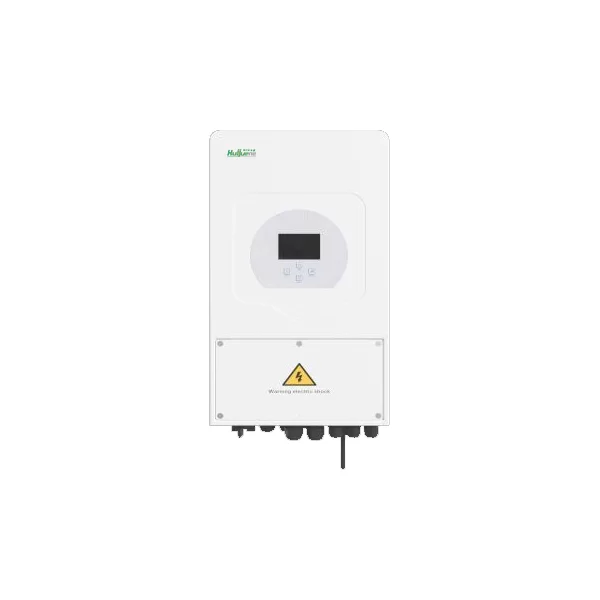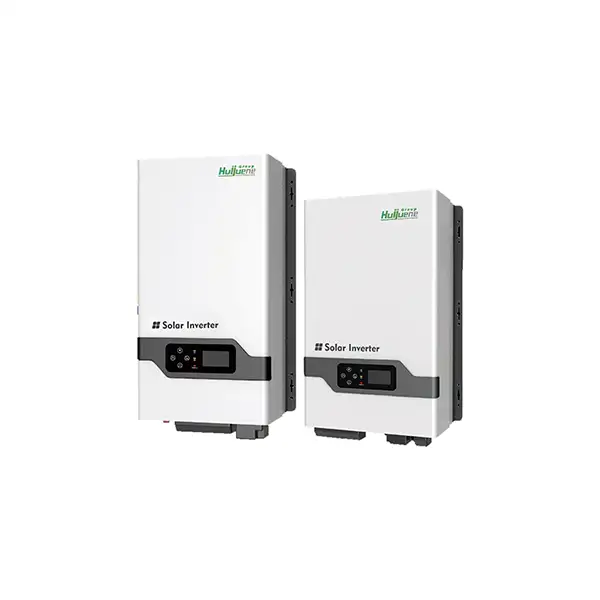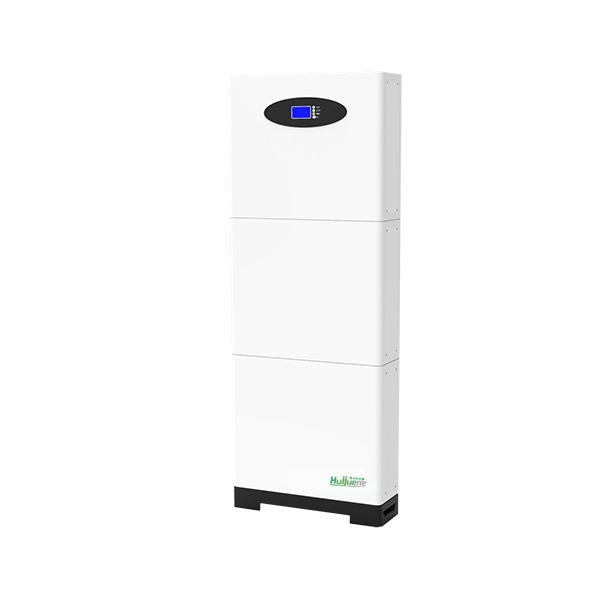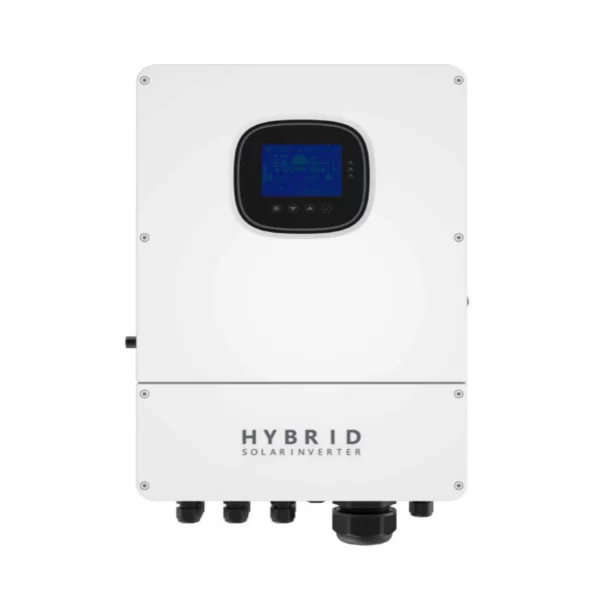Get A Quote Now!
100Ah Battery: Exploring the Capacity Secrets Behind Different Battery Performanc
As energy demands continue to grow, understanding battery capacities and performance has become essential for optimizing various applications. A 100Ah battery, especially a 100Ah 12V lithium battery, has become popular in solar systems, electric vehicles, and portable power solutions. But what sets different batteries apart? Let’s explore the factors that influence battery performance and how you can make the best choice for your energy needs.
Battery Voltage Variations: Understanding 12V, 24V, and 48V 100Ah Batteries
A 100Ah battery can come in different voltages—such as 12V, 24V, and 48V—each with its own unique characteristics and use cases. The voltage level directly impacts the energy output, efficiency, and overall performance. For instance:
- A 100Ah 12V batteryprovides an energy capacity of 1.2 kWh, which is ideal for smaller devices and simple solar setups.
- In contrast, a 100Ah 48V batterycan supply 4.8 kWh of energy, making it suitable for high-demand applications like off-grid solar systems or electric vehicles.
When choosing between a 12V and a 48V 100Ah battery, consider the specific requirements of your devices. Higher voltage batteries, such as the 48V 100Ah battery, are typically more efficient in delivering power over long distances, reducing energy loss, and ensuring better performance for larger setups.
Key Factors Affecting Battery Performance
Several factors influence the performance and efficiency of a 100Ah 12V lithium battery or any other 100Ah battery:
Battery Chemistry: Lithium-ion batteries generally outperform lead-acid batteries in terms of energy density, durability, and charging speed. For example, lithium-ion batteries are widely used in solar and EV systems due to their lightweight nature and long lifespan.
Temperature Management: Extreme temperatures can greatly affect battery capacity. Operating within the recommended temperature range will help maximize the energy density and lifespan of the battery, regardless of whether it’s a lithium-ion or lead-acid battery.
Charging and Discharge Rate: Overcharging or discharging too rapidly can impact battery health. Manufacturers typically provide specific guidelines on charging rates; adhering to these can help ensure longer battery life and consistent performance.
Battery Maintenance: Regular cleaning of battery terminals and ensuring solid connections help in reducing resistance and extending the battery’s life. This is particularly important for high-capacity batteries like a 100Ah 12V battery, which is often used in demanding applications.
Power Calculation: How Long Can a 100Ah Battery Last?
To determine how long a 100Ah battery will power a device, use this simple calculation:
Battery Runtime (hours) = Battery Capacity (Wh) / Device Power Consumption (W)
For example, a 100Ah 12V lithium battery provides around 1200Wh of energy (100Ah * 12V). If powering a device that consumes 10W, the battery could theoretically last:
1200 Wh/10 W=120 hours
This calculation shows how a 100Ah battery can vary significantly in runtime depending on its voltage and the power consumption of the connected device.
Why Specific Gravity Matters in Battery Performance
Battery specific gravity is a measurement used primarily in lead-acid batteries to assess the state of charge. While lithium-ion batteries don’t use specific gravity measurements, understanding this parameter is valuable if you’re comparing different battery types. A high specific gravity indicates a fully charged state, while lower values suggest that the battery may require recharging.
In lead-acid batteries, specific gravity is one of the most critical indicators of battery health, but for lithium-ion batteries, focusing on voltage levels and charge cycles offers a more relevant gauge of performance and durability.
Choosing Between a 12V and 48V 100Ah Battery for Solar Systems
When designing solar systems, deciding between a 12V 100Ah and a 48V 100Ah battery depends on the system’s scale and energy requirements. Here’s a comparison to help guide your choice:
- 12V 100Ah Battery: Best for smaller setups where energy requirements are moderate. Its lower voltage makes it compatible with compact devices or basic solar configurations.
- 48V 100Ah Battery: Ideal for larger solar installations, as it minimizes energy loss over long distances and enhances system efficiency. This voltage level is especially advantageous in high-demand applications, as seen in large-scale off-grid solar and EV systems.
Discover Huijue Group’s Advanced Battery Solutions
Huijue Group offers a range of lithium-ion batteries, including high-performance 100Ah 12V lithium batteries that are ideal for applications requiring reliable and long-lasting energy storage. Designed with durability and efficiency in mind, Huijue’s battery solutions deliver optimal performance across a wide range of uses, from solar systems to portable power needs. Explore Huijue Group’s lithium battery solutions to find the right fit for your energy requirements and power your projects with confidence.

